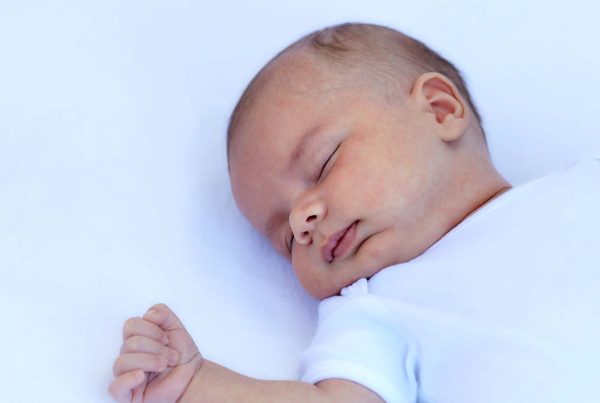Hair loss can cause stress and affect your self-esteem, and it is important to find a provider who understands your needs.
Hair loss in people of color caused by alopecia, for example, requires specialized care from providers who understand hair texture and curl patterns in individuals with darker skin.
“Hair in people of African ancestry is completely different than other hair types,” said David R. Crowe, MD, Chair, Department of Dermatology at MetroHealth. “It has a tendency to become excessively dry, curl, knot and break, and that makes it important for patients to be treated by someone who has an experienced eye.”
About Alopecia
Alopecia areata is a disease that happens when the immune system attacks hair follicles and causes hair loss, according to the National Institute of Arthritis and Musculoskeletal and Skin Diseases.
While hair can be lost from any part of the body, alopecia areata usually affects the head and face. Hair typically falls out in small, round patches about the size of a quarter. In some cases, hair loss is more extensive.
Some people have bouts of hair loss throughout their lives while others only have one episode. Some people’s hair regrows fully, and some others do not. There is no cure, but there are treatments that help hair grow back more quickly.
Alopecia in Women of Color
Black women are particularly prone to traction alopecia, which is caused by hairstyles that pull at the root of the hair, such as braids, dreads, extensions and weaves, and heat and chemical styling.
One type of scarring alopecia, medically known as central centrifugal cicatricial alopecia, causes irreversible hair loss. It is a common condition that can affect 10% of African American women, and may occur in families.
Because there are a few other types of alopecia that can cause scarring, it’s important to get the right diagnosis early. If you don’t treat it quickly, the hair will not grow back, so it makes the first visit to the dermatologist very important.
The Multicultural Dermatology Center
MetroHealth has providers who can tell the difference between different types of alopecia and advise how to stop the scarring and hair loss.
Initial testing, such as a biopsy or scalp examination can confirm the type of alopecia. Treatment options include:
- Steroids (topical, injected, and oral)
- Nutritional supplements and medications
- Hair transplants
About MetroHealth Multicultural Dermatology Center
MetroHealth’s Multicultural Dermatology Center at MetroHealth Main Campus Medical Center and Cleveland Heights Medical Center is devoted to the care of patients with skin of color and their unique skin and hair conditions. Led by David R. Crowe, MD, Chair, Department of Dermatology, the clinic provides a specialized approach to treatment and education for conditions such as alopecia, vitiligo, discoloration, hidradenitis suppurativa and nail unit melanoma. To make an appointment, call 216-778-3376 (DERM).












